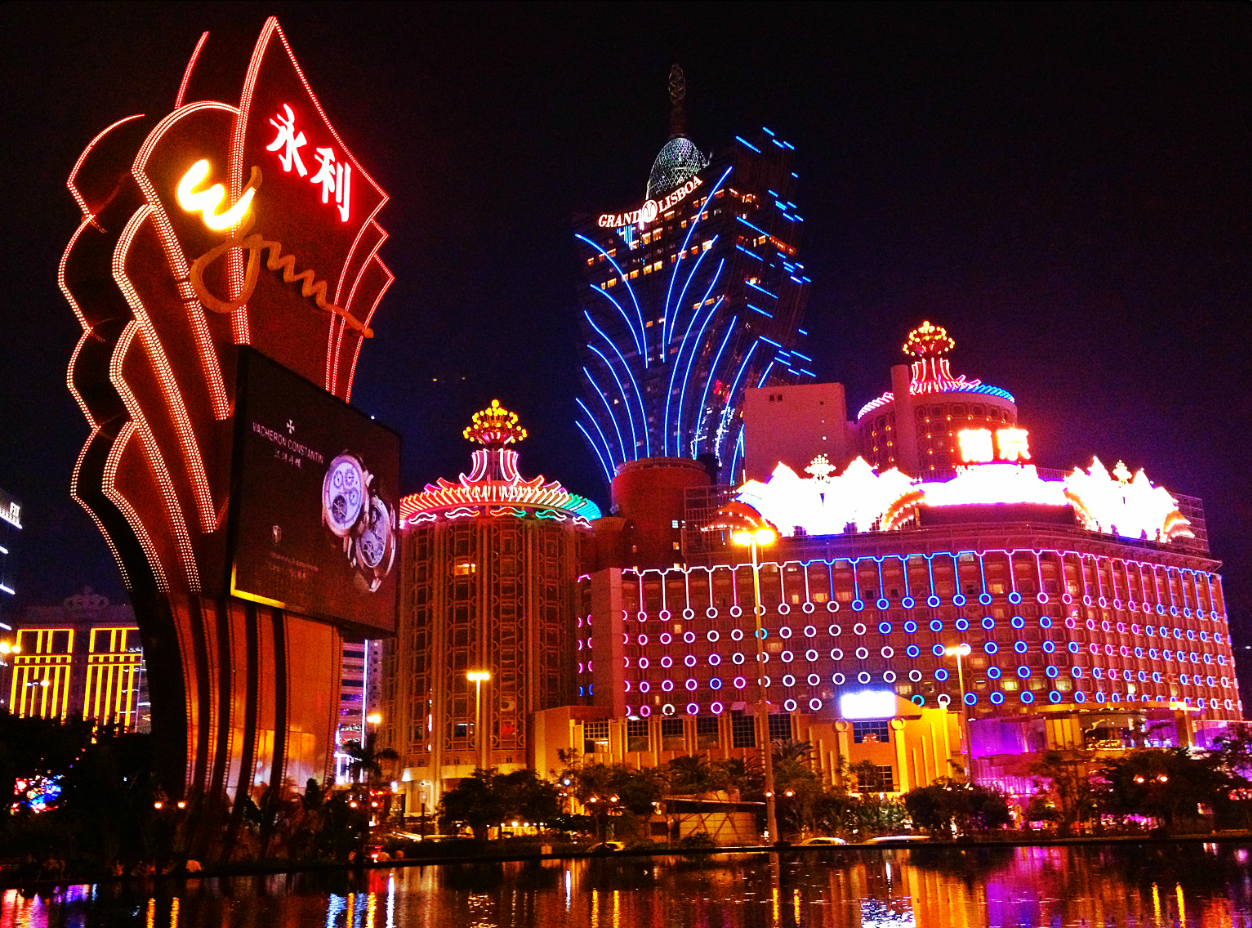


HISTORY OF MACAU

The modern history of Macau starts in the early 16th century when Portuguese traders, in agreement with local Cantonese authorities and with empirial consent, established a permanent settlement on leased land of the Macau peninsula.
In its first 100 years, the settlement became a major hub for trade between Europe, China, Japan, and Mexico, as well as a center for Catholic missionaries on their way to China and Japan.
The following 200 years, between mid-17th to mid-19th century, marked a period of decline for Macau caused by incidents in Europe and Asia that negatively impacted both main sectors, commercial and religious, of Macau identity. But Macau still played an important political role, as marked for example by the very first treaty between China and the United States, signed in Macau, which effectively started Sino-US relations.
The role of Macau's shallow ports declined further with the establishment of British Hong Kong in the mid-19th century and with the emergence of modern freight ships, which could no longer berth in Macau but instead changed their routes towards Hong Kong's deep Victoria Harbour.
In the 20th century and after the Second World War, during which Macau mostly successfully tried to stay neutral, Macau began to focus more on tourism and in particular gambling.
This development then really took off after Macau's 1999 handover to China, which initiated Macau's rise to become the "Las Vegas of Asia", or more bluntly (and more accurately), "Las Vegas on steroids".

Like Hong Kong, Macau enjoys as a Special Administrative Region an autonomous role within China, known as the principle of "one country, two systems". This means that Macau has its own laws, its own currency, a free-market economy, and as a free port Macau enjoys a vivid trade with the rest of the world. Also, cars in Macau drive on the left side of the road and, besides Chinese, Macau recognizes Portuguese as official language (though only a small part of the population actually speaks Portuguese). On the streets, Cantonese is the dominant language.
With a population of about the same as Las Vegas (~650,000) but with an area of about one tenth of that city, Macau is listed as the most densely populated country in the world. The gambling industry, which dwarfs that of Las Vegas, dominates the economy of Macau. Annually, more than 30 million tourists visit Macau with about 2/3 coming from mainland China.
Although China is slowly opening up for import through Special Economic Zones and Free Trade Ports, buying pharmaceuticals, OTC medicine, cosmetics abroad is still immensely popular among the Chinese population. Consequentially, a large part of Macau pharmacies are specialized to serving Chinese tourists with a focus on baby milk powder, etc.
The role of Macau within the Pearl River Delta as a tourism hub is clearly defined and being strengthened through projects such as the Hong Kong - Zhuhai - Macau Bridge and ambitious plans of linking the cities of the Pearl River Delta to form a single market and thus creating giant economic hub that would lead the world by 2030.
Macau, among other things, thus presents itself as a perfect testing ground for product launches in China. We at Great Life are looking forward to being your local partner in those pursuits.

Tel:
Fax: